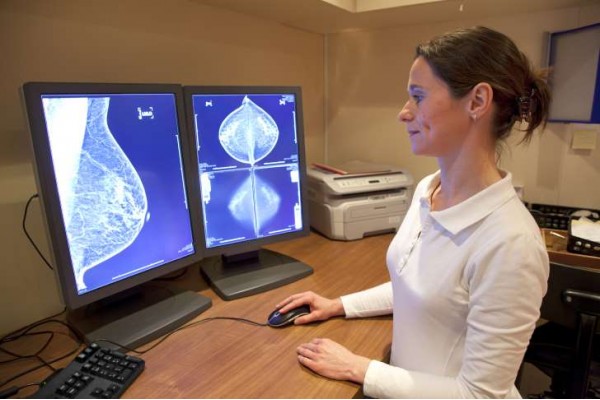Death rates from cancer in the United States dropped again between 2014 and 2015, continuing a downward trend that began in 1991 and has meant 2.4 million fewer deaths, a study said Thursday.
Advances in early detection and treatment, along with a drop in smoking, are believed to be responsible for much of the 26 percent drop since 1991, said the findings in the American Cancer Society's comprehensive annual report.
"This new report reiterates where cancer control efforts have worked, particularly the impact of tobacco control," said Otis W. Brawley, chief medical officer of the American Cancer Society.
"A decline in consumption of cigarettes is credited with being the most important factor in the drop in cancer death rates."
However, he noted that "tobacco remains by far the leading cause of cancer deaths today, responsible for nearly three in 10 cancer deaths."
Overall, the US cancer death rate reached a peak of 215.1 per 100,000 population in 1991, and has declined to 158.6 per 100,000 in 2015.
Deaths from lung cancer made a 45 percent decline among men and 19 percent among women.
Cancers of the breast, prostate and colon and rectum are also down steeply.
The report forecasts about 1.7 million new cancer cases and 609,640 cancer deaths in the United States in 2018.
"Over the past decade, the overall cancer incidence rate was stable in women and declined by about two percent per year in men," it said.
While progress is evident, stark racial disparities remain.
The cancer death rate in 2015 was 14 percent higher in blacks than in whites, down from a peak of 33 percent in 1993.

 821
821


